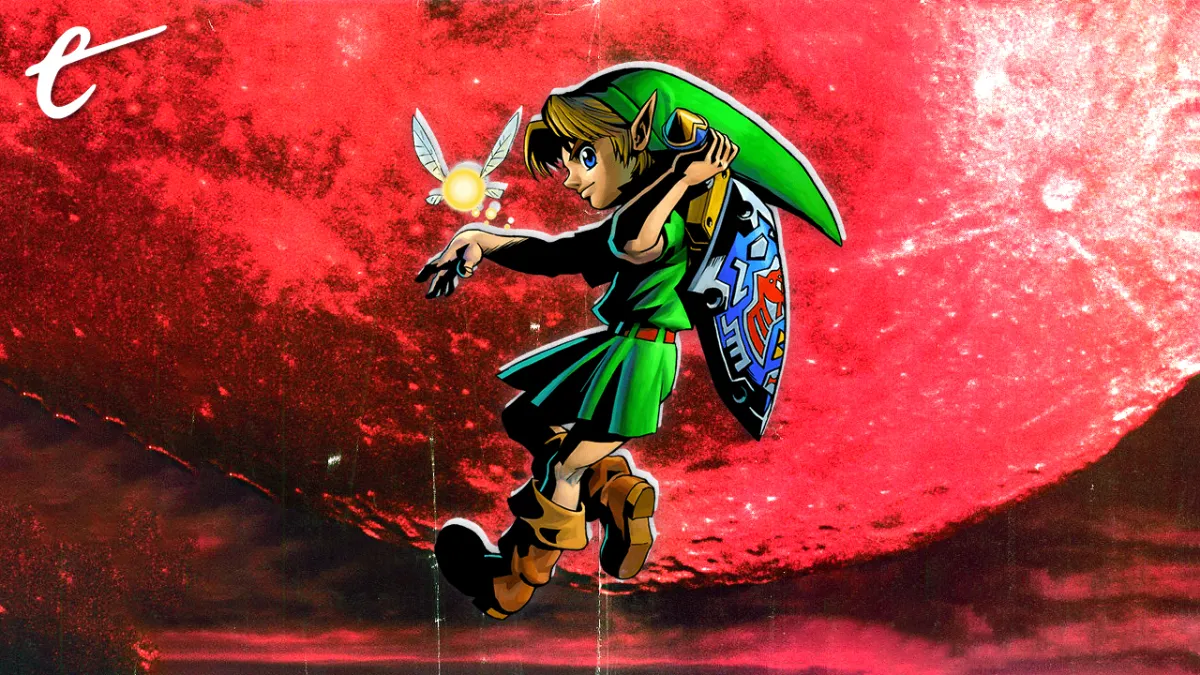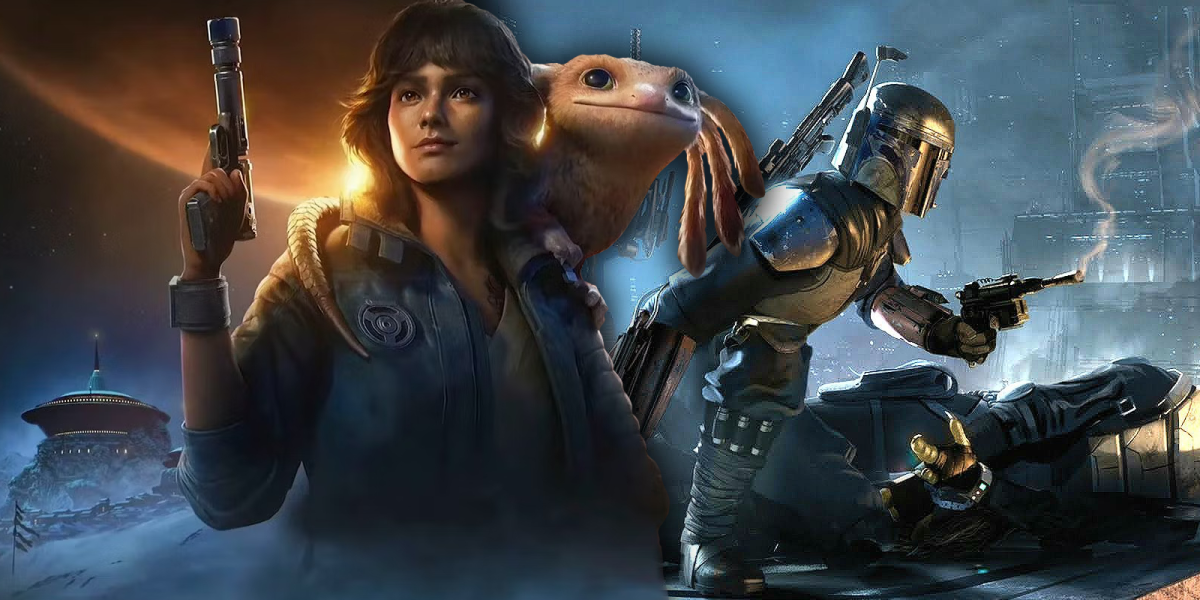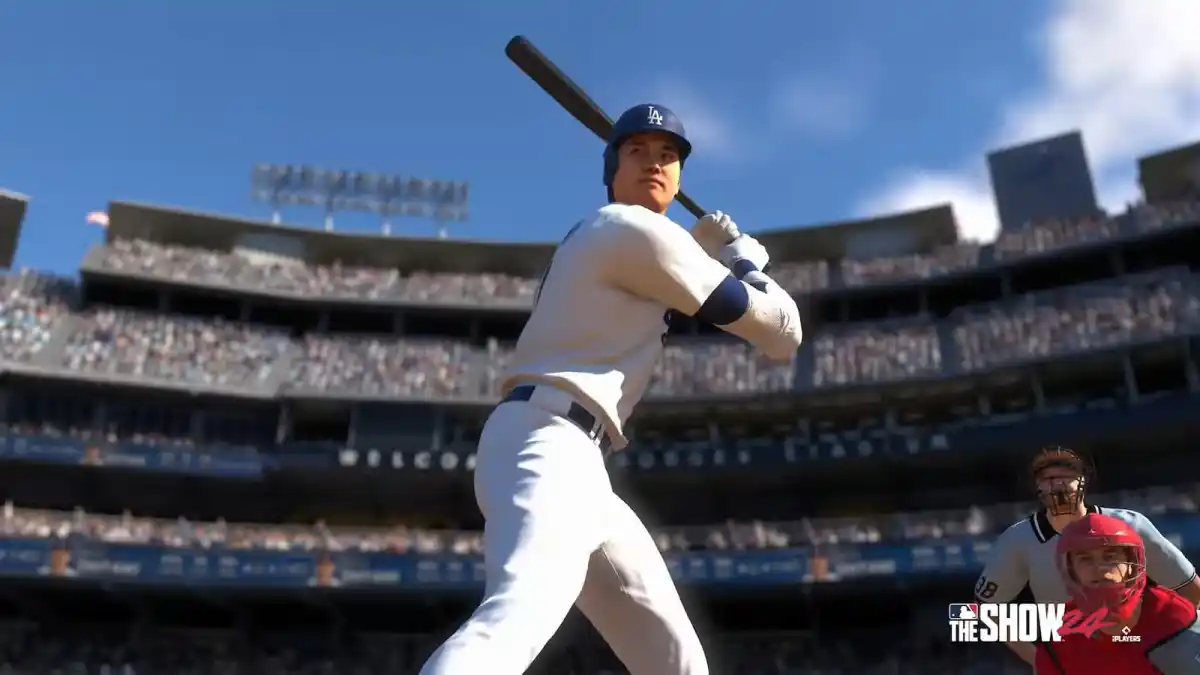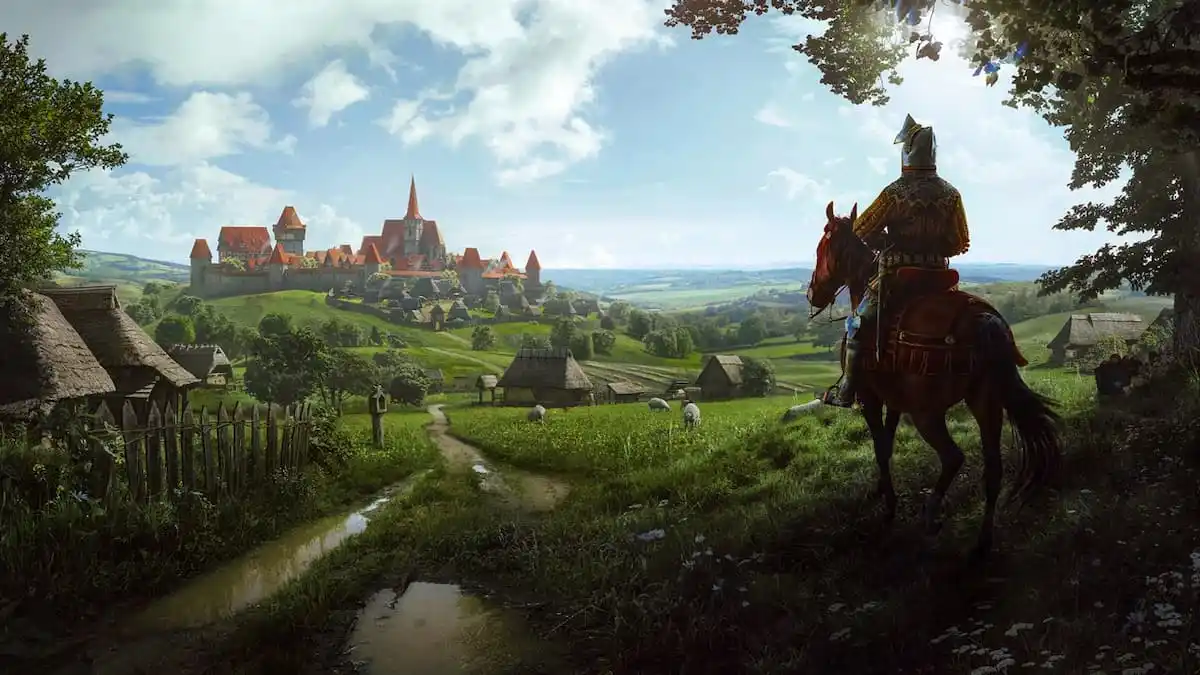The Legend of Zelda has been my favorite video game franchise for pretty much my whole life. With Tears of the Kingdom finally upon us, I decided to embark on a journey over the past year to replay as many Zelda games as I could, and see if this crash course through gaming history could help me glean any new insight into a series that has meant so much to me. I’ll be relaying my thoughts through a set of short features highlighting one thing that stood out to me from each game. The Legend of Zelda: Majora’s Mask arrived alongside the rise of the internet and, in doing so, created a life of its own outside the confines of the game.
Today’s game – 2000’s The Legend of Zelda: Majora’s Mask.
The Legend of Zelda: Majora’s Mask is a game pulsating with life. Arriving at the tail end of the Nintendo 64, and only a short 18 months following Ocarina of Time, it marked the most pronounced transformation for the Zelda formula since the rocky Zelda II: The Adventure of Link. Its emphasis on the three-day cycle, mask transformations, and personal lives of Termina’s citizens all feed into a unique clockwork gameplay loop that’s gone on to forge a subgenre filled with classics of its own, like Outer Wilds.
But here’s the thing – two decades later, it’s clear that Majora’s Mask isn’t just a video game. Its dark tones, resonant themes, and cyclical nature happened to arrive right alongside the rise of the internet. And in doing so, Majora’s Mask took on a life all its own.
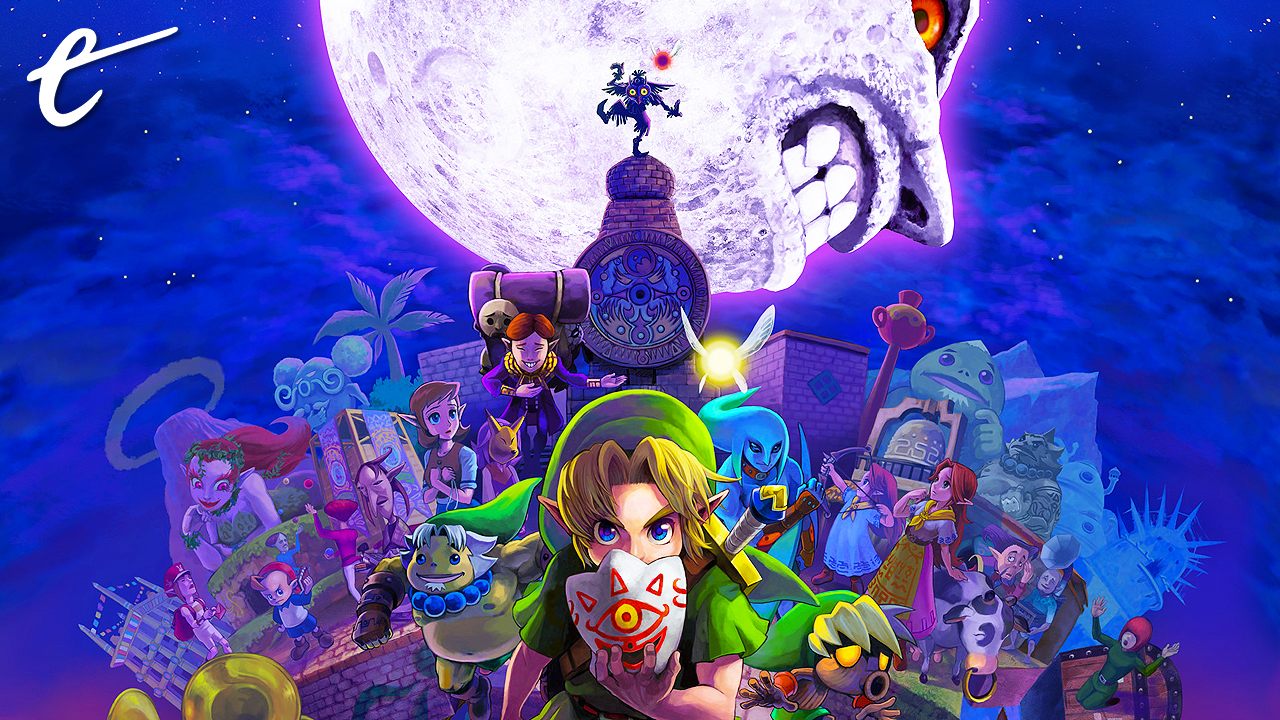
When I think of individual Zelda games, I usually think of the games themselves. The excellent dungeons of Ocarina of Time, vibrant visuals of Wind Waker, and unparalleled sense of exploration in Breath of the Wild. And while I do think of Majora’s Mask on that level, my mind quickly wanders not just to how the game made me feel, but how it made others feel as well.
For me, Majora’s Mask will forever be tethered to things like Ben Drowned, the 2010 creepypasta centered around someone buying a copy of the game from a garage sale, only to discover that it may or may not be haunted by the spirit of a dead kid named Ben. Like how Majora’s Mask paved the way for a new genre of games, Ben Drowned passed the torch onto similar online myths and legends, my favorite of which being Petscop, which is well worth a binge for anyone with a penchant for spookies and a free weekend.
But Ben Drowned is just the tip of the Majora’s Mask iceberg, because the game lends itself to such thorough and reflexive examination. Majora’s Mask is a vessel we pour ourselves into. Our thoughts, our experiences, and our fears. Our stories, our anxieties about time, and our complete lack of control of it.
Of all the Zelda games, it’s probably the one that’s spawned the most personal writing and video essays across the internet. From HeavyEyed’s introspective look at how the game helped them get through the existential nightmare of lockdown during the early days of the pandemic, to Aleczandxr’s deep dive into the game’s entwined relationship between horror and intimacy, it seems almost impossible to discuss Majora’s Mask without bringing a piece of yourself into the conversation.
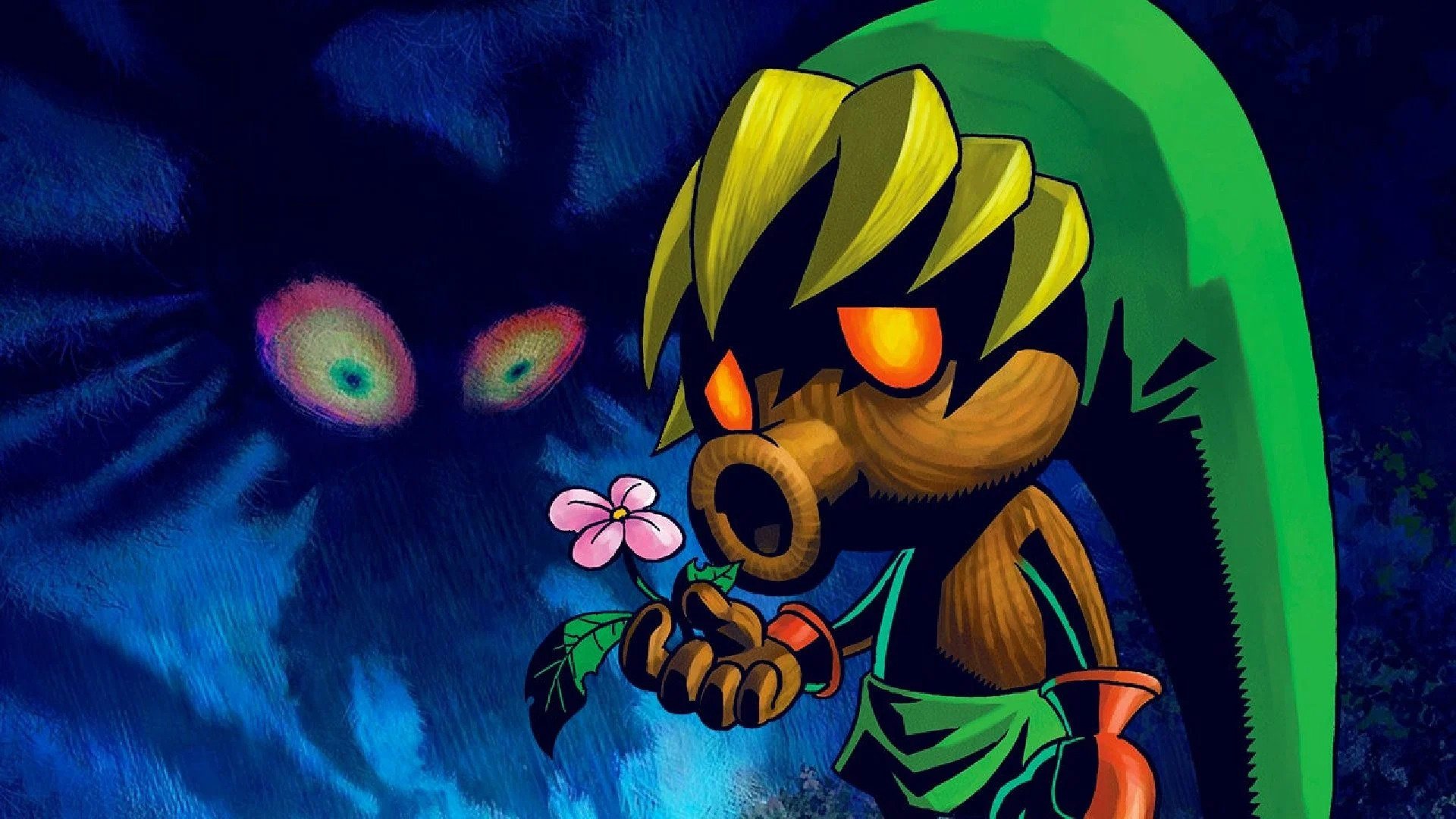
Three years ago, I wrote about Majora’s Mask for its 20th anniversary centering on how its alluring cocktail of dark weirdness is something Nintendo should revisit again in the future. And who knows, maybe Tears of the Kingdom’s shared nature as a direct sequel to a mainline Zelda game will fill that role nicely?
But apart from that, and even this piece itself, there are countless slices of Majora’s Mask that lend themselves to deep and individual analysis. The Happy Mask Salesman’s role as Virgil in Link’s descent into hell, kicking off with the iconic phrase, “You’ve met with a terrible fate, haven’t you?” The intricate sidequest of reuniting Kafei and Anju, a pair of star-crossed lovers who just want to be together at the end of things.
Taking the stage at Milk Bar and doing a soundcheck using the spirits of the dead musicians whose masks you’ve acquired throughout the adventure. The Skull Kid’s possible role as a manifestation of Link’s lost innocence from this branch of the timeline. The deep melancholia of looking up at the sky as a celestial body creeps its way towards you and your eventual annihilation. Side note, if you squint hard enough, Lars von Trier’s Melancholia is still the best film adaptation of a Nintendo game to date.
It’s a miracle that The Legend of Zelda: Majora’s Mask even exists. Its famously short development period, requirement of the strange Nintendo 64 Expansion Pak, and arrival right alongside the next generation of consoles in the PlayStation 2 all make it feel like such an oddity in the series’s arc throughout the decades. But maybe that’s part of what makes the Zelda series so immensely fascinating. Nintendo followed up its grand adventure of Ocarina of Time with a dark and introspective sequel, only to then flood the whole kingdom and go back to the drawing board with the most visually distinct game the series has ever seen.
Check out other entries in this ongoing Zelda series below.
- The Legend of Zelda’s Secret Weapon Is Trust
- Zelda II: The Adventure of Link Is a Bold and Important Failure
- In A Link to the Past, One Moment Made Zelda Feel Truly Magical
- Link’s Awakening Shows There’s More to Zelda Than Saving the World
- Ocarina of Time’s Forest Temple Is Zelda Dungeon Perfection
- Wind Waker’s Greatness Proves That Epona Kinda Sucks
- The Best Dungeon in Twilight Princess Finds Love in a Hopeless Game

